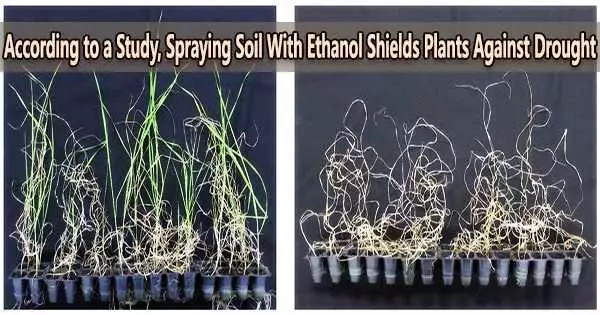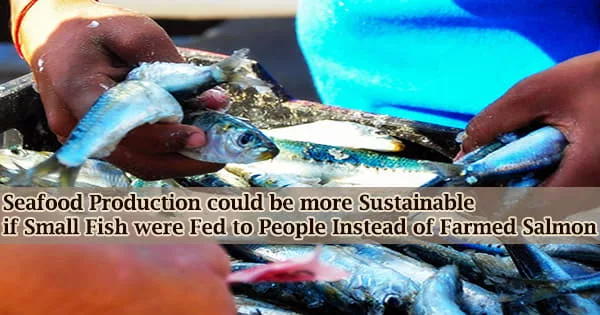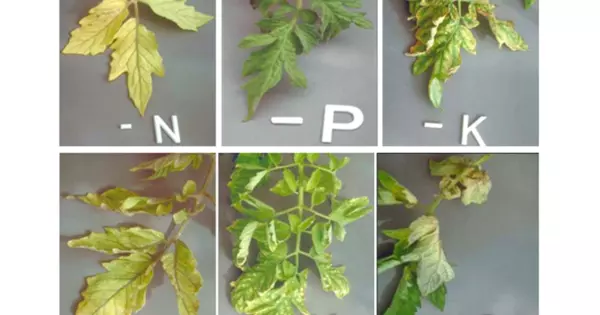According to a recent study done at the RIKEN Institute for Sustainable Resource Science in Japan, ethanol can help plants survive during droughts. Researchers under the direction of Motoaki Seki demonstrate that adding ethanol to soil enables plants, like as rice and wheat, to flourish after two weeks without any water.
This discovery provides a useful method to enhance food production globally when water is in short supply without the need of expensive, time-consuming, and occasionally contentious manufacture of genetically engineered plants. The study was published August 25 in Plant and Cell Physiology.
Population growth and water limitations brought on by climate change are two variables that, if nothing is done, would inevitably result in food shortages in the near future. Finding a strategy to stop plants from dying when they are deprived of water is one possibility.
Because it keeps water from leaving the plants, genetically altering plants to keep their stomata, or the holes in their leaves, closed, has been partly successful. However producing genetically modified plants is costly and time-consuming, and access to these modified crops may not be equally available to all nations.
Seki and his team have been working on another approach. They reasoned that providing water to plants would shield them from upcoming droughts because they were aware that plants make ethanol when water is scarce.
We find that treating common crops such as wheat and rice with exogenous ethanol can increase crop production during drought. As in Arabidopsis, this is likely via changes in the metabolomic and transcriptomic profiles that regulate the drought-stress response. This offers us a cheap and easy way to increase crop yield even when water is limited, without the need for genetic modification.
Motoaki Seki
They raised plants for around two weeks with plenty of water to test this theory. The soil was then prepared with ethanol for three days, followed by two weeks without water. After rewatering, almost 75% of the wheat and rice plants that had been exposed to ethanol survived, but less than 5% of the untreated plants did.
They first established that ethanol can shield these two significant crops from drought; then, by concentrating on the model plant Arabidopsis, they set out to establish why. First, they looked at the leaves. They discovered that as soon as water was removed from ethanol-treated Arabidopsis plants, their stomata closed and the temperature of their leaves increased. These plants had maintained more water in their leaves by 11 and 12 days of water deprivation than the untreated plants.
The scientists then radio-tagged the ethanol prior to pretreatment and examined gene expression before and after water deprivation. This made it possible for them to see the processes that were brought on by drought as well as what transpired to the ethanol once it was absorbed by the plant roots.
The ethanol-treated plants started expressing genes that are typically expressed during water deprivation even before the plants were deprived of water. Also, the ethanol-treated plants were producing sugars from the ethanol and engaging in photosynthesis at the same time that the water level of untreated leaves was decreasing.
Seki says that treating the soil with ethanol mitigates drought on several fronts. In order to prepare the plants, genes relevant to drought are first expressed before water is lost.
Then, the stomata close, allowing leaves to retain more water. In addition, some of the ethanol is converted into other sugars, which offer much-needed energy that is typically hard to obtain with closed stomata.
“We find that treating common crops such as wheat and rice with exogenous ethanol can increase crop production during drought. As in Arabidopsis, this is likely via changes in the metabolomic and transcriptomic profiles that regulate the drought-stress response,” says Seki. “This offers us a cheap and easy way to increase crop yield even when water is limited, without the need for genetic modification.”
















